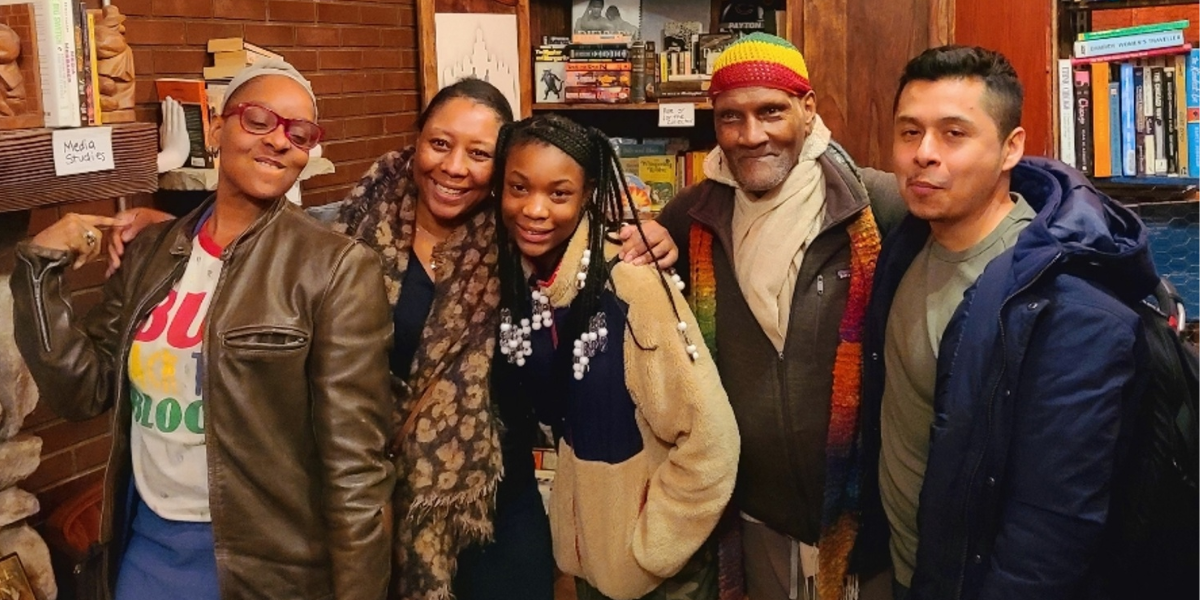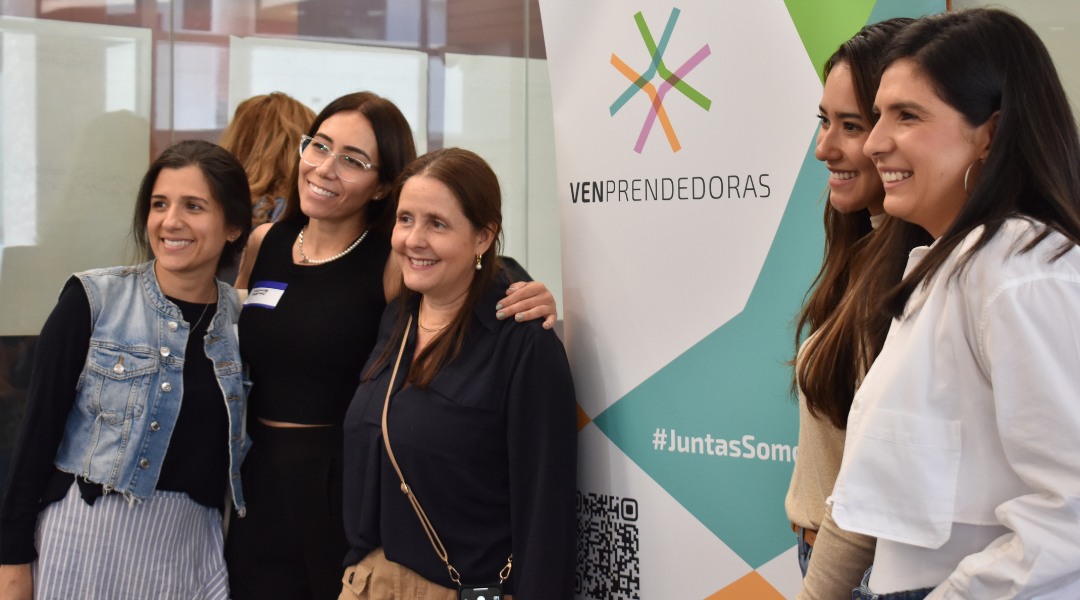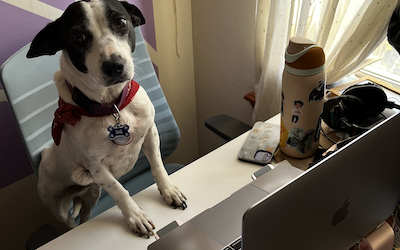
SubClub members in Chicago, Illinois after their March meeting.
Erin Ruegg is a National Board Certified teacher and director of teaching and learning at Substantial Classrooms. SubClubs are a Substantial Classrooms project, in collaboration with Change X, and one of 10 awardees of the CoGen Challenge to Advance Economic Opportunity. Watch for interviews with all 10 of these innovators bringing older and younger people together to open doors to economic opportunity for all.
What are SubClubs and what brought you to do this work?
SubClubs are community-led, intergenerational groups of substitute teachers who come together in person to build the skills and find the peer support they need to thrive. This ultimately serves students, teachers, and school communities by ensuring a positive and productive learning experience while teachers are away.
I was a teacher for 10 years and I coached teachers for more years than that. I’ve also worked as a district leader and I know from experience that substitute teachers are a growing and important part of the K-12 education ecosystem. Subs can’t just turn on a movie. We need them to be a bridge for student learning while the teacher is away.
What problem are you trying to solve?
We have an urgent need for substitute teachers in our country, from one-day subs to those filling in for longer-term teacher vacancies, and underserved schools are always the ones that get hit the hardest.
We also have a growing number of people looking for flexible work. Substitute teaching can be an ideal job for people coming straight out of college, career shifters exploring what’s next, and retirees who want to give back to their community. It’s meaningful gig work that meets an acute need. But it can be really isolating and intimidating without built-in support systems. The resources we provide help to build stamina and confidence.
Another problem we’re trying to solve is that school districts too often treat subs as temporary workers. Turnover is usually high, and school leaders have a lot on their plate and are sometimes dealing with very antiquated systems. We want them to be able to proactively recruit, support and sustain their sub pool instead of feeling like they have to put out fires.
How do youngers and olders solve problems together?
We are intentional about SubClubs being intergenerational because the different life perspectives, skills, and experiences they bring to the work makes for a stronger group. I’ve seen this so many times when facilitating online groups for school districts across the country – older subs offer life experience that’s valuable and younger subs provide useful insights into why students are acting a certain way (since they were more recently that age).
SubClubs bridge other divides beyond age, too. During an online group I facilitated recently, I saw an intergenerational exchange between two subs who were teaching at the same school but rarely saw one another in person. The younger sub, who is white, was sharing about how she was having a hard time with the kids in her classroom, who were predominantly kids of color. The older sub, who is Black, talked about how representation is a big deal when most students in the school are Black and most teachers are white.
But she also reassured the younger, white sub. She told her that, yes, she’s going to have to prove herself a bit because she doesn’t look like her students or have a similar background. “But they’ll see you showing up over time and being authentic and caring about them, and it will make a difference,” she said. “Stay confident, listen, and stay true to yourself.”
It was just this brilliant, little piece of advice that made such a difference. The two subs ended up creating a SubClub together, recruiting other subs in their district to join, and they continue to support each other in different ways.
How are things going?
Right now we have six groups scattered across the country and I’m interviewing two more potential SubClub leaders. We give each leader $1,100 to run the group for six months. I provide meeting agendas, discussion guides, scenarios, and as much structure as possible. That’s been the biggest challenge so far – figuring out what the right amount of support is. But they’ve all been pretty good at reaching out to me when they need things.
Can you explain the economic impact?
First, subbing provides flexible and dependable income. It also feels more meaningful than other gig work, like driving for Instacart or Uber.
Second, people tend to sub in their own communities. If you have subs who come in and are positive role models, with real skills and knowledge, they are going to have a more positive impact on those kids than a sub who gets overwhelmed and doesn’t come back or totally misses the mark because they never got the right support or training. Better subs can help students learn and improve their economic prospects, too.
Third, having a stable, skilled group of subs saves school districts money and time they would otherwise spend searching for and training new subs.
Have you encountered any unexpected outcomes in bringing your project to life?
Two SubClubs that formed include people who are working to get their substitute teaching permits or licenses as a group, so they can start subbing. That’s really exciting and not something I anticipated. It’s inspiring them to be a sub in the early stages. I’ve done a lot to help them understand what the process is in their state.
What would be your advice to someone who is looking to cogenerate?
Provide a space for people to tell their story and know that they are celebrated. People of all generations have inhibitions about telling their story, particularly to someone of a different generation, because they worry they’ll be misunderstood. But the appreciation and understanding come when people freely share who they are.
What’s one of your superpowers as a leader?
My superpower as a leader is seeing the talent and capabilities of others and creating opportunities for people to shine. Educators, like many professionals, need to feel seen and appreciated for the work and effort they put into teaching. It can often feel like lonely work because you typically spend so little time with your peers. Whether these educators are students in class, colleagues, or teachers I am coaching, I strive to help people recognize and celebrate their strengths and develop continuous cycles of meaningful and engaged learning.
Want to start a SubClub in your community? Learn more and apply here.





